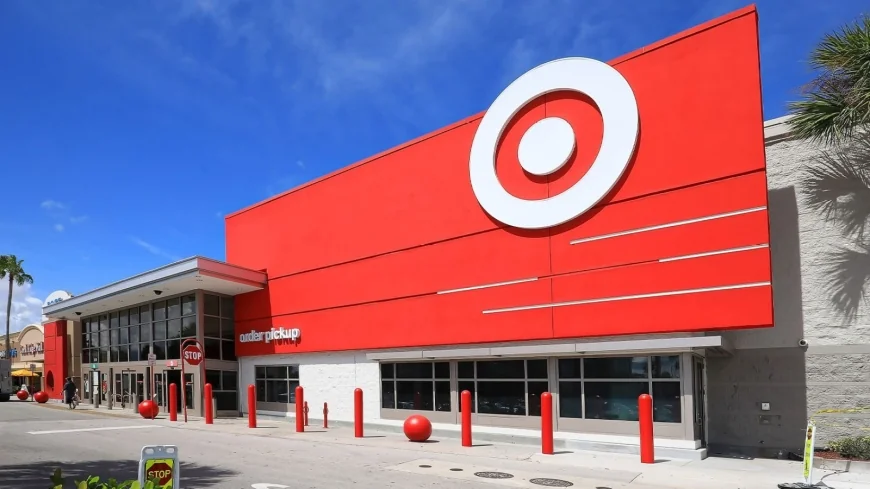Richmonders join nationwide boycott against major retailers

RICHMOND, Va. (WRIC) — As millions of Americans gear up for the biggest shopping weekend of the year, some Richmonders are getting ready to sit it out.
A national movement called “We Ain’t Buying It,” calls for a five-day boycott of major retailers beginning on Thursday, November 27th. The campaign urges people to skip Black Friday and Cyber Monday at Target, Amazon and Home Depot in protest of what they say is support for the Trump Administration's policies.
Richmond resident Rachel Douglas is one of many people who decided to join the boycott, and encouraged others to participate.
“My whole family’s on board and it actually feels really good,” Douglas said. “The large retailers … they don’t care about us. I don’t care for putting money in pockets that are so far outside my community.”
The campaign has gained traction online in recent weeks, as organizers pushed shoppers to press pause on their spending during the holiday rush. However, economists say a short blackout is unlikely to have a big economic affect.
“In terms of the triple bottom line? The simple answer is no,” said David Bieri, an economics expert and professor at Virginia Tech. He said the weekend-long pause would need to stretch much longer to move the financial needle for companies.
Part if the movement asks shoppers to redirect their spending to small, local businesses instead. Bieri says this effort can deliver immediate results.
“If you’re making a concerted effort to support a local business, that has an immediate impact,” he said. “If you invest in your local economies, you will be one of the beneficiaries.”
Participants say that regardless of the economic outcome, the boycott is about solidarity and a reminder that collective action still carries power.
“Democracy happens whenever we use our collective voices to let the people who we’ve elected know how we feel and what kind of quality of life we’re looking for,” Douglas said.
Organizers suggest that even if people can’t avoid major retailers entirely, being intentional about where their money goes and what it supports, can still send a message.

 VENN
VENN 





